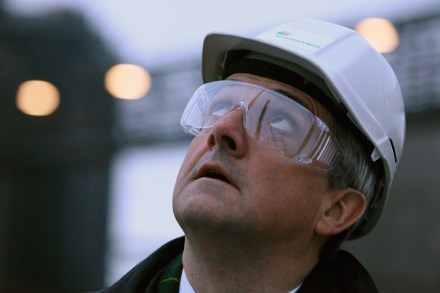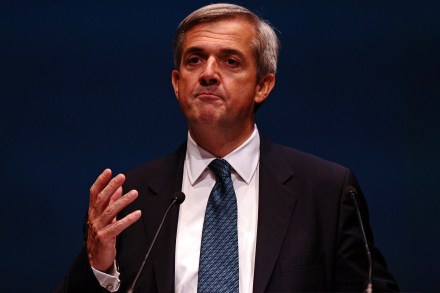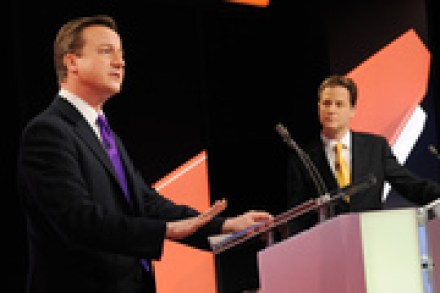New ICM poll has No 36 — thirty six — points ahead
Tonight’s ICM poll is even worse for the Yes campaign than last night’s ComRes poll. The poll, in tomorrow’s Guardian, has Yes heading for defeat by a margin of more than two-to-one and in every single region of the country. The turnout adjusted numbers are No 68, Yes 32. If these last two polls are accurate, and it is difficult to estimate what the turnout will be tomorrow, it will be a monumental humiliation for Nick Clegg and the Liberal Democrats. Defeat on this scale would take Lib Dem nervousness about what the coalition is doing to the party’s brand to a whole new level. Indeed, its effect would be



















